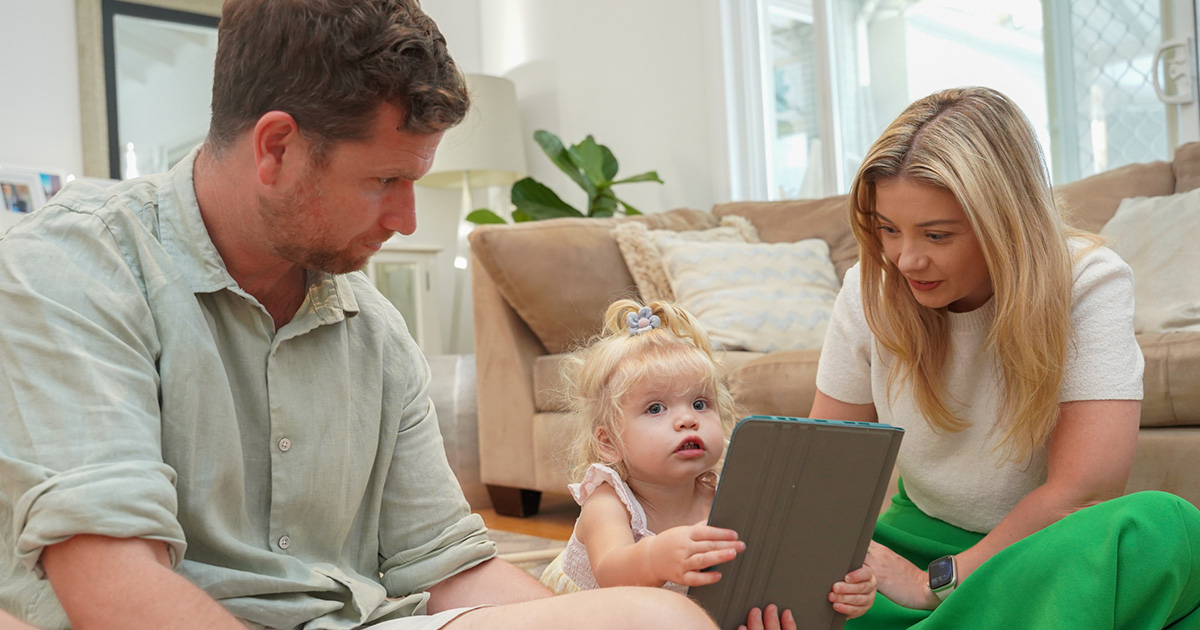Search
Research
“Coronavirus Changed the Rules on Everything”: Parent Perspectives on How the COVID‐19 Pandemic Influenced Family Routines, Relationships and Technology Use in Families with InfantsThis study explores how the first wave of the COVID‐19 pandemic influenced family routines, relationships and technology use (smartphones and tablet computers) among families with infants. Infancy is known to be an important period for attachment security and future child development, and a time of being susceptible to changes within and outside of the family unit.
Research
“Coronavirus Changed the Rules on Everything”: Parent Perspectives on How the COVID‐19 Pandemic Influenced Family Routines, Relationships and Technology Use in Families with InfantsThis study explores how the first wave of the COVID‐19 pandemic influenced family routines, relationships and technology use (smartphones and tablet computers) among families with infants. Infancy is known to be an important period for attachment security and future child development, and a time of being susceptible to changes within and outside of the family unit.

News & Events
Study shows screen time is replacing vital language opportunities for toddlersA first-of-its kind study has found that for every minute of screen time toddlers are exposed to at home, they hear fewer adult words, make fewer vocalisations and engage in fewer back-and-forth conversations with their parents.
News & Events
New Australia-first cyber safety app a guiding light for parentsAustralian parents have a new weapon in the battle to keep their kids safe online with the launch of ‘Beacon’.

News & Events
Chance to showcase WA expertise on the international stage thanks to Aspire AwardsTwo of The Kids Research Institute Australia’s best and brightest will share in $10,000 of funding to use for investment in their professional growth through attendance at an international conference, when safe to do so.

News & Events
Screen ORIGINS study finds mobile devices a lifeline for families during lockdownsA study of ORIGINS families has revealed a positive aspect to the COVID pandemic, with families found to benefit from the extra time together during lockdowns and mobile devices proving useful for helping them stay in touch with extended family and friends and for activities such as online classes.

News & Events
The Three C’s that can help keep your kids safe onlineThe Kids Research Institute Australia cyber safety expert Professor Donna Cross says parents should use the ‘three C’s’ to help keep their children safe online.
